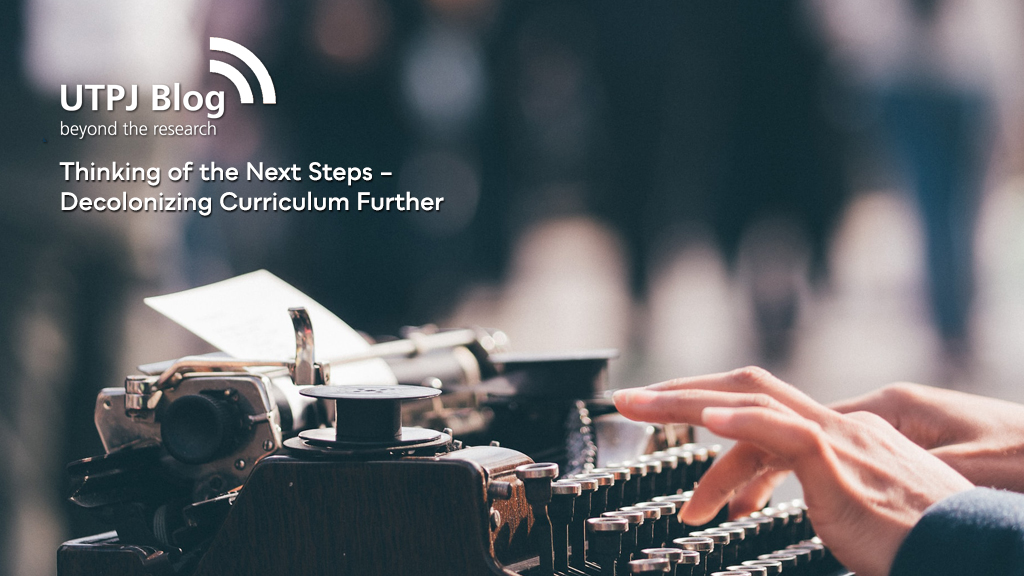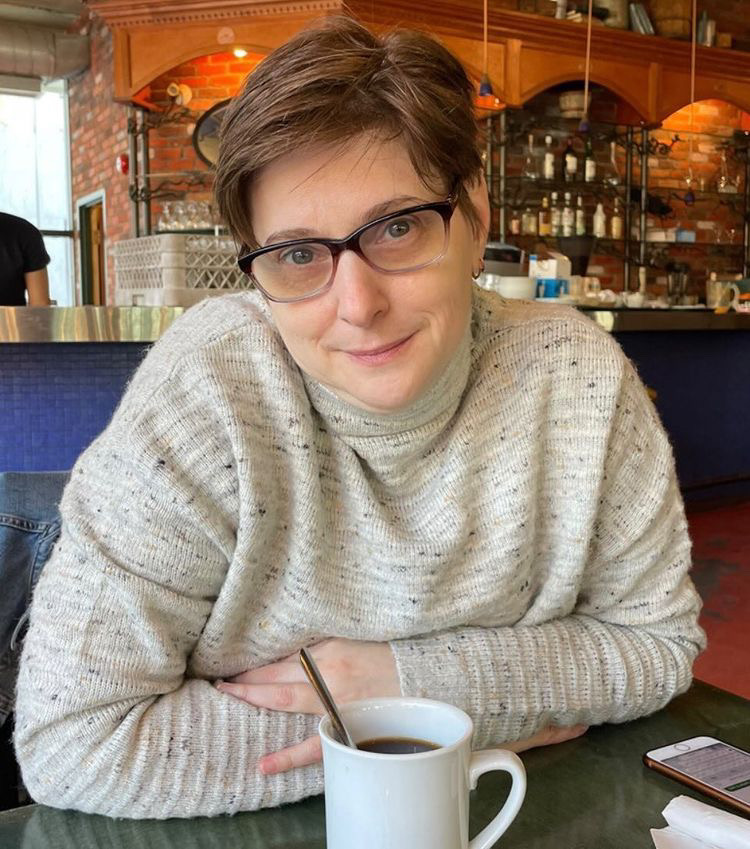
Thinking beyond my recent article in Modern Drama, in which I shared results of my teaching practices related to the tension between the mainstream methodologies of script analysis that have dominated the North American academy and those that enable the study and production of postcolonial and Indigenous drama and theatre; in this blog I would like to focus on the questions of application of these methodologies.
I am interested in the creative aspects of decolonization, specifically how to move this academic discussion into the field of theatre practice, particularly when writing plays. So, my question to the community is: how can we guide our students to explore experimental forms of playwriting and creation of new scripts? For years, I have observed my students’ natural inclination for privileging creative writing in a realistic mode. I was always surprised by the so-called default dramatic forms, such as psychological realism and melodrama, that seemed to attract my students’ attention when they were invited to create their own projects and scripts. Is it influenced by television, Netflix series, or general lack of appropriate stimulation in high school in their literature and drama classes, I would ask myself? At what point, do we fail our children and students so that their imaginations become disengaged and sleepy, and their creative impulse would result in such unimaginative work? What should I do in my classes on script analysis, dramaturgy and writing plays, to wake their imaginations?
I have asked these questions in the past. At the time, my idea was to turn to the pedagogies and systems of acting and directing training, in particular Michael Chekhov’s acting technique, which invites actors to expand on their life experiences and knowledge to tap into the world of imagination. Using Chekhov’s exercise of the actors in character and story development, I invited my students to work on their own writing. Often, we used short stories and novels as a point of departure for their creative work in adaptation for theatre (Meerzon 2015).
I remain convinced that this is one way to put our decolonization efforts into practice. My own work was inspired by Michael Chekhov’s ideas, but other educators and artists turn to many other artists and writers of migrant and Indigenous backgrounds who have developed their own systems of creativity. These artists can be invited into our classrooms and their methodologies can be introduced into our curriculums on a permanent basis.
 With three single authored books and nine co-edited collections, Professor Yana Meerzon specializes in theoretical approaches to contemporary performance and dramaturgy, questions of displacement, multilingualism, and identity politics. For the past two decades, Professor Meerzon has been studying theatrical representations of migration created by migrant artists in Europe and North America. With the current rise of political populism, religious fundamentalism, and nationalism, she turned to the issues of borders and politics of nation building, within which today’s practices and discussions of global migration take place. A former President of Canadian Association for Theatre Research (CATR), Meerzon is a co-editor of the journal Critical Stages, published by International Association of Theatre Critics. Her current project is entitled “Between Migration and Neo-Nationalism(s): Performing the European Nation — Playing a Foreigner”; and it has been funded by The Social Sciences and Humanities Research Council of Canada (SSHRC).
With three single authored books and nine co-edited collections, Professor Yana Meerzon specializes in theoretical approaches to contemporary performance and dramaturgy, questions of displacement, multilingualism, and identity politics. For the past two decades, Professor Meerzon has been studying theatrical representations of migration created by migrant artists in Europe and North America. With the current rise of political populism, religious fundamentalism, and nationalism, she turned to the issues of borders and politics of nation building, within which today’s practices and discussions of global migration take place. A former President of Canadian Association for Theatre Research (CATR), Meerzon is a co-editor of the journal Critical Stages, published by International Association of Theatre Critics. Her current project is entitled “Between Migration and Neo-Nationalism(s): Performing the European Nation — Playing a Foreigner”; and it has been funded by The Social Sciences and Humanities Research Council of Canada (SSHRC).
Comments on this entry are closed.